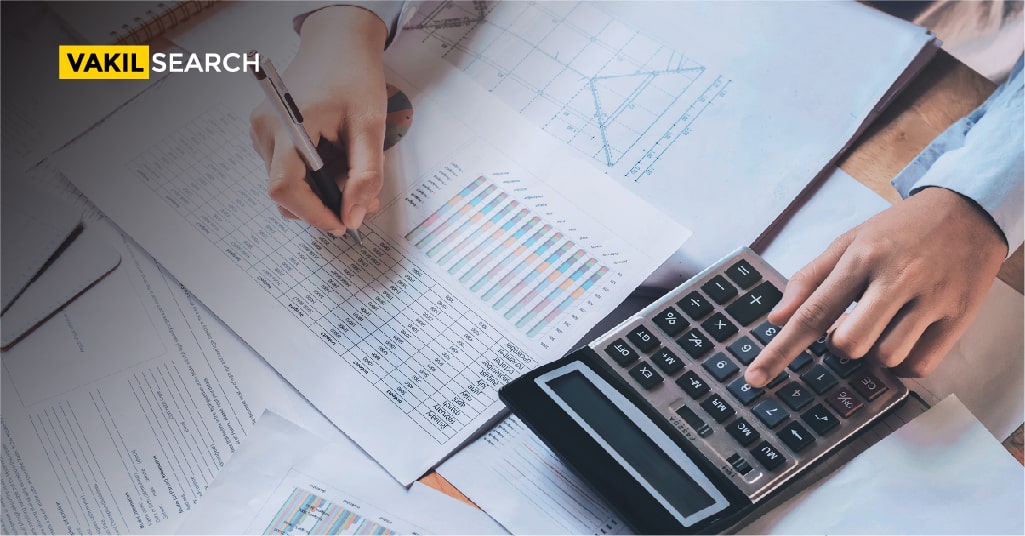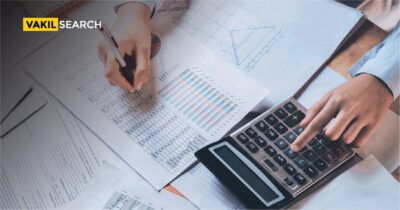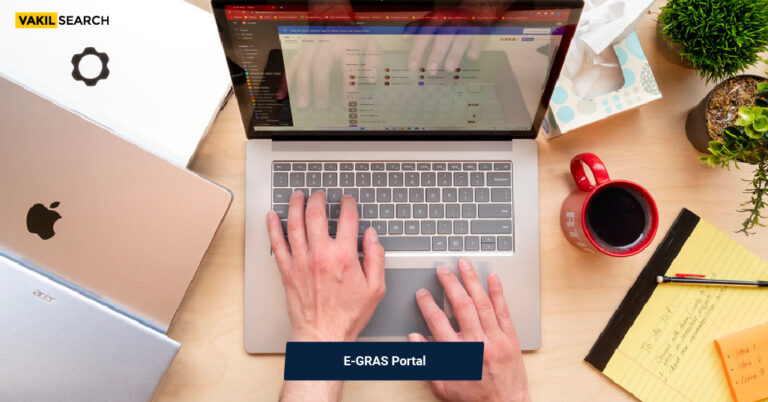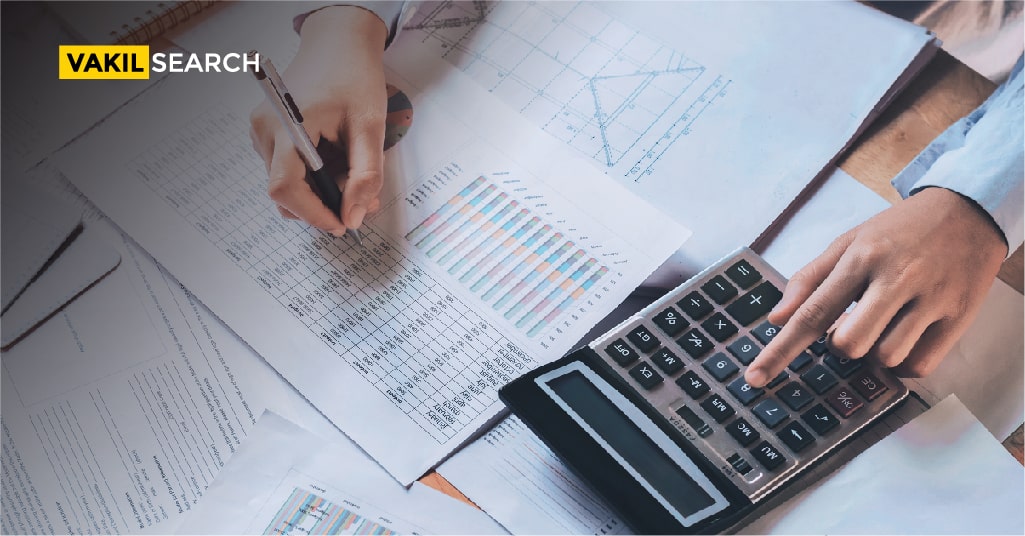The development of calculators, spreadsheets, and digital accounting software followed the introduction of the abacus, and accountants and bookkeepers always have relied on technology to aid in their work. Read the article to learn about how technological advancements have altered the accounting scene and what the future may bring.
Technologies Emerging in Accounting and Bookkeeping
Technology advancements are elevating accounting to new heights. You should be aware of the following rising technologies in the accounting field if you’re a seasoned accounting expert trying to stay at the forefront of technology in your field or an aspiring novice.
Utilizing the Cloud Computing
Working on the cloud is an important trend in technology. Immediate access to resources like data and processing power is made possible via the cloud. The constant updating of the information provided by a cloud-based system is a significant benefit that enables clients and accountants to examine data and make choices based on the most recent information. Additionally, if the information on the system is updated, cloud-based technology may provide “continuous monitoring, rather than sporadic analysis,” based on the Journal of Accountancy.
New sophisticated technologies like the internet of things (IoT), artificial intelligence (AI), and machine learning are linked to the cloud. Cloud computing is expanding quickly. The future of accounting is moving toward the cloud since these innovations have become more widespread.
Automated Accounting Activities
Payroll, audits, tax preparation, and other labour- and time-intensive aspects of accounting are gradually becoming automated. Technological systems will carry on monotonous and time-consuming occupations as self-learning systems continue to be linked to accounting tasks, leaving the analytical and management responsibilities to humans. For instance, major software providers like Intuit, Sage, OneUp, and Xero provide automated data entry and reconciliation alternatives for business bookkeeping using AI and machine learning technologies.
Using Blockchain Technology
Blockchain technology, a computer-based documentation system that uses cryptocurrencies in a user-to-user network, is another trend that will have an impact on the need for accountants in the future. The digital currency bitcoin, which keeps a record of transactions and generates new currency without the assistance of a bank, may have helped blockchain become more well-known, but the technology has advanced significantly since then. The appeal of blockchain for accounting is “the prospect of a new sort of accounting record one that can be updated regularly and confirmed without the risk of being manipulated or damaged.
Bringing Clients and Practices Together
Since years ago, accountants and bookkeepers have been able to communicate with their clients remotely thanks to mobile technology. However, more recently, digital alternatives like Zoom and Google Meet have made it possible for meetings to take place outside of the office. This technology has allowed businesses to continue offering their clients essential business advice throughout the Covid-19 outbreak.
Automation of Work
With advancements in technology, accounting and bookkeeping chores that once required a lot of time are becoming easier to complete. Artificial intelligence and machine learning have made it possible to automate time-consuming operations like entering and reconciling transactions.
Daily bank transactions can be loaded into accounting software thanks to Open Banking, where machine learning tools can automatically interpret transactions in light of previous behaviour. Automating these procedures can free you up to give your clients more value while also lowering human error.
Gaining Further Understanding of Clients’ Businesses
Due to technology’s ability to solve current issues, time that you might have previously spent travelling to meetings and manually inputting data can now be used in more valuable endeavours. For instance, spending more time managing customer relationships or offering clients financial information and strategy advice.
The practice of the future will probably spend fewer hours on compliance and tax returns and more time assisting their customers in expanding their enterprises, regardless of how technology develops.
Future Accounting Professionals Need These Skills
Without question, the accountant of the future will need to keep up with technological advancements to adapt to the changing market. Accountants must become skilled at utilising the cloud as smarter technologies advance, and more businesses shift their data to cloud-based platforms to provide clients with up-to-date financial analyses to remain competitive.
Accounting and Bookkeeping Industry experts who want to use blockchain must be knowledgeable about the relevant software applications and have a solid understanding of how to set information up for the transfer of ledgers and records.
Given that automation is expected to play a significant role in accounting, it is critical to get ready for the future of accounting by acquiring the skills required to carry out managerial, administrative, and analytical duties that technology cannot.
Many accountants may also act as advisors for their clients, so they’ll need to be adept at seeing patterns and trends in large data by doing this kind of analysis. Data mining, as well as other data science techniques, should be well-known to you by this point.
How Technology is Changing the Accounting and Bookkeeping Industry
To turn all that data into insights for clients and business leaders, professional accountants will also need to be familiar with data visualisation techniques and software.
With these abilities, Accounting and Bookkeeping Industry professionals may strategically advise customers or organisations by using forecasting and predictive analytics. Accounting experts can concentrate on these more advanced analytical skills because automation liberates up time that was previously spent on less interesting duties.
Future Demand for Accountants
The prognosis for accounting experts is frequently correlated with the strength of the nation’s economy; as the economy grows, more accountants, auditors, and other professionals who maintain financial records are typically required. The future need for accountants will also be impacted by rising regulation and globalisation.
The U.S. Bureau of Labor Statistics projects that the employment of accountants and auditors will increase by 4% between 2020 and 2029, which is about average for all occupations. Accounting is ranked No. 13 on U.S. News and World Report’s list of the Best Business Jobs for 2021 due, among other things, to its competitive pay and high job stability.
Conclusion
It is difficult to say with certainty how quickly the environment will change over the coming years due to the development of new technology. Many practices are adopting technology like social media and virtual-meeting software to engage with their clients, and a shift away from human data handling toward automated processes is already underway.
In the not-too-distant future, accounting is anticipated to be impacted by further advancements in automation and artificial intelligence, as well as upcoming financial technologies like blockchain.
Visit Vakilsearch to get more legal informaiton.
Click to- Accounting and Bookkeeping Industry
Read more:









